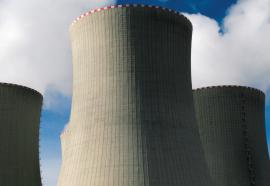GHG Compliance Complexities
Greenhouse-gas regulation will impose vastly greater compliance difficulties than did the Acid Rain program.
Greenhouse gas (GHG) regulation picks up where Acid Rain legislation left off, but affects far more sources and pollutants. Utility compliance programs face major uncertainties.







